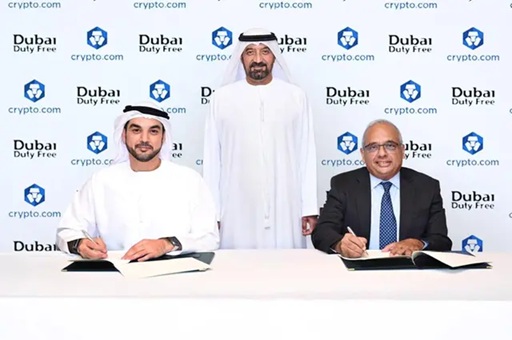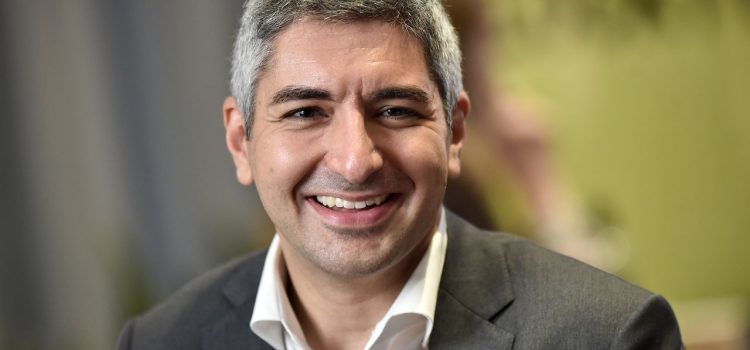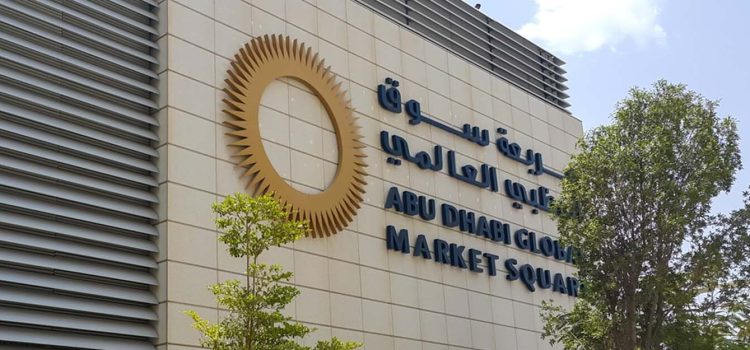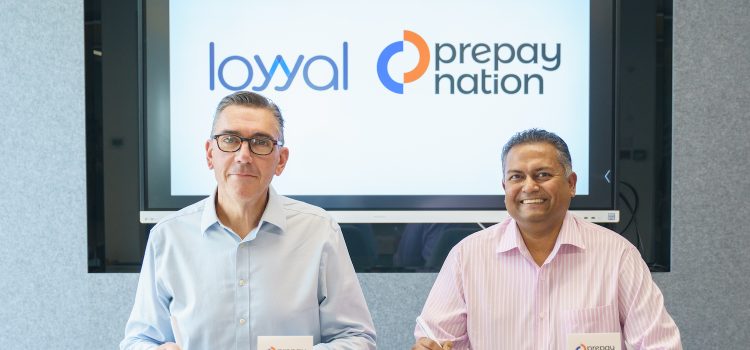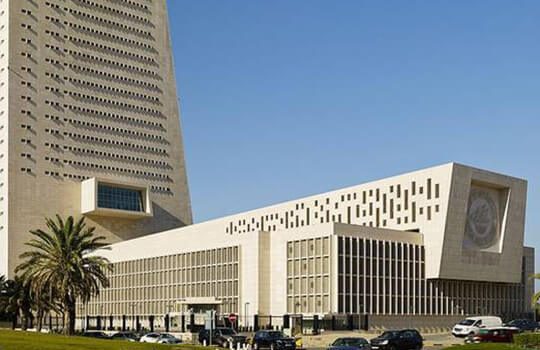
Dubai’s virtual asset regulatory authority has just listed UAE based Nine Blocks Capital Management as a receiving a full VASP license and will make Dubai UAE its headquarters.
As per VARA website, Nine Blocks Capital will be able to offer crypto and virtual asset investment services to institutional and qualified investors.
Nine Blocks Capital received initial approval from VARA back in August 2022. Nine Blocks was launched by by PwC’s former global crypto head Henri Arslanian.
Nine Blocks is the investment manager of the Nine Blocks Master Fund, a market neutral crypto fund focused on generating alpha from inefficiencies in the crypto markets using relative value, arbitrage and quantitative strategies.
With around $100m in AuM and a track record of more than 2 years, Nine Blocks manages assets for many leading investors globally, from regulated financial institutions and private banks to public companies and fund of funds.
This license is the culmination of a process that started with an MOU between Nine Blocks and VARA, allowing knowledge sharing and consultation.
The Nine Blocks group was set-up in 2021 with the belief that institutional investors want digital assets exposure via fund managers who have established digital assets track record, are regulated, have traditional finance experience and comply with the highest operational due diligence requirements.
Henri Arslanian, co-founder and managing partner of Nine Blocks said, “We believe that a regulatory regime tailored for the fast-moving digital assets space can not only provide comfort to institutional allocators but also contribute to the growth of a healthy crypto ecosystem.The UAE is quickly becoming a leading jurisdiction globally for digital assets and we are honored to be part of this journey.”
Nine Blocks follows a market neutral trading strategy, profiting from arbitrage opportunities and market inefficiencies across the crypto space.

